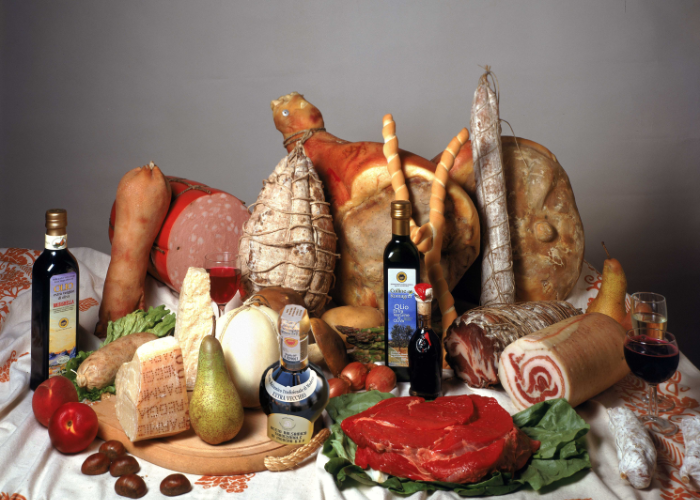New EU regulation on geographical indications recognizes Italian model as an example for EuropePRESS RELEASE
- 1 March 2024
- Posted by: Competere
- Category: Senza categoria

AGRICULTURE: NEW EU REGULATION ON GEOGRAPHICAL INDICATIONS RECOGNIZES ITALIAN MODEL AS AN EXAMPLE FOR EUROPE
***
“The reform of the geographical indications regulation must be an incentive for companies to develop new growth solutions, identify new sales markets and apply the appropriate technological solutions to be more competitive.” This was stated by Pietro Paganini, about the final go-ahead for the reform of EU rules governing the protection of geographical indications for agricultural products, wine and other spirits.
“This is a significant moment for the agri-food sector,” Paganini continued. “For the first time, the sector has a unified legislative basis, which aims to strengthen the competitiveness and sustainability of territorial productions, as well as the fundamental role of protection consortia. The new regulation recognizes the Italian model as an example for all Europe.”
According to the 21st Ismea-Qualivita Report 2023, the Italian PDO and PGI sector has crossed the 20 billion euro threshold in production value in 2022 (+6.4% year-on-year), contributing 20% to the overall turnover of Italian agribusiness.
“These are important numbers. However, it would be short-sighted to view this measure solely as a protection operation, leaving out the much more structured industrial sector. Brussels’, on the contrary, is a response to the PDO-PGI sector’s need to adapt to changing market, environmental and social conditions. This includes the importance of PDO tourism and the promotion of territorial value through PGI products. It is an essential starting point for a new phase of reviewing the policy of territorial productions and the necessary attempt to enhance their value with incentives and investments necessary for technological innovation.”
“Indeed, despite these significant steps forward, there is still much to be done on the sustainability front. The current voluntary basis shows clear limitations, underscoring the need for greater efforts to ensure that sustainable practices are not just an option, but an integrated and inseparable norm of the sector. We therefore call for further reflection and action to strengthen sustainability policies and practices in the quality agri-food sector to ensure that the progress made is not just a milestone achieved, but the starting point for an even more convinced commitment to a sustainable future,” Paganini concludes.
.
Imagine credits: courtesy of Regione Emilia-Romagna – Agricoltura >>
